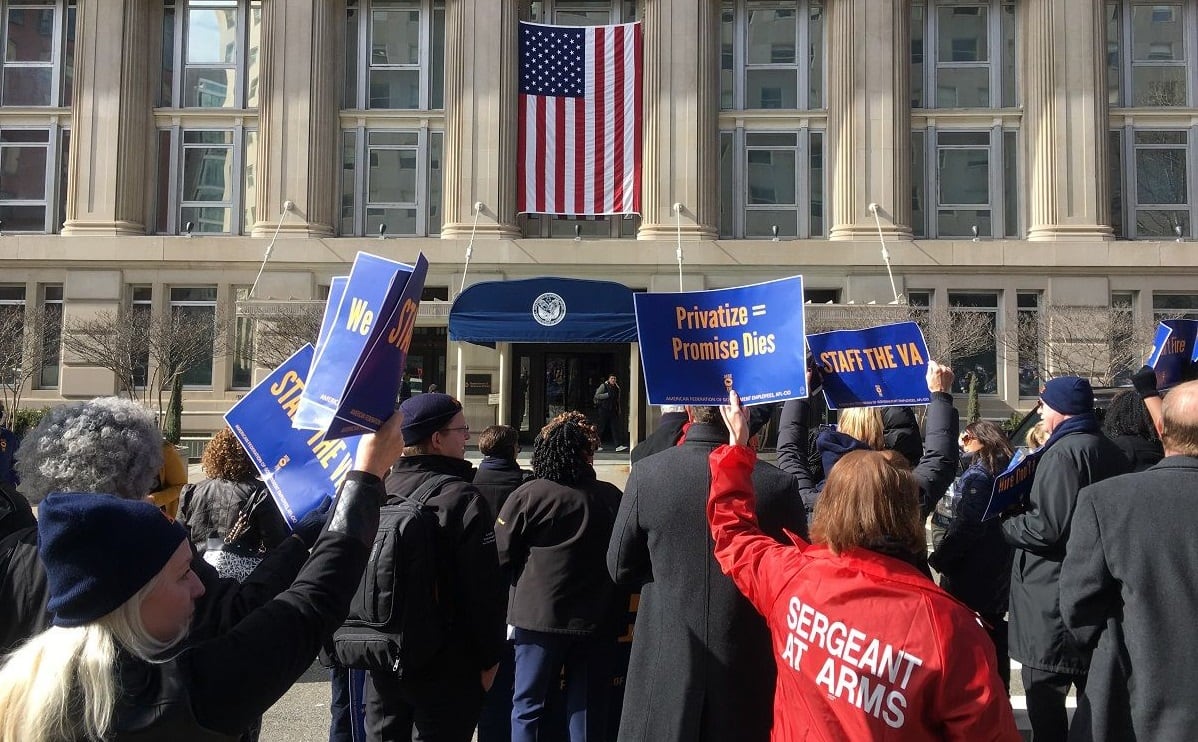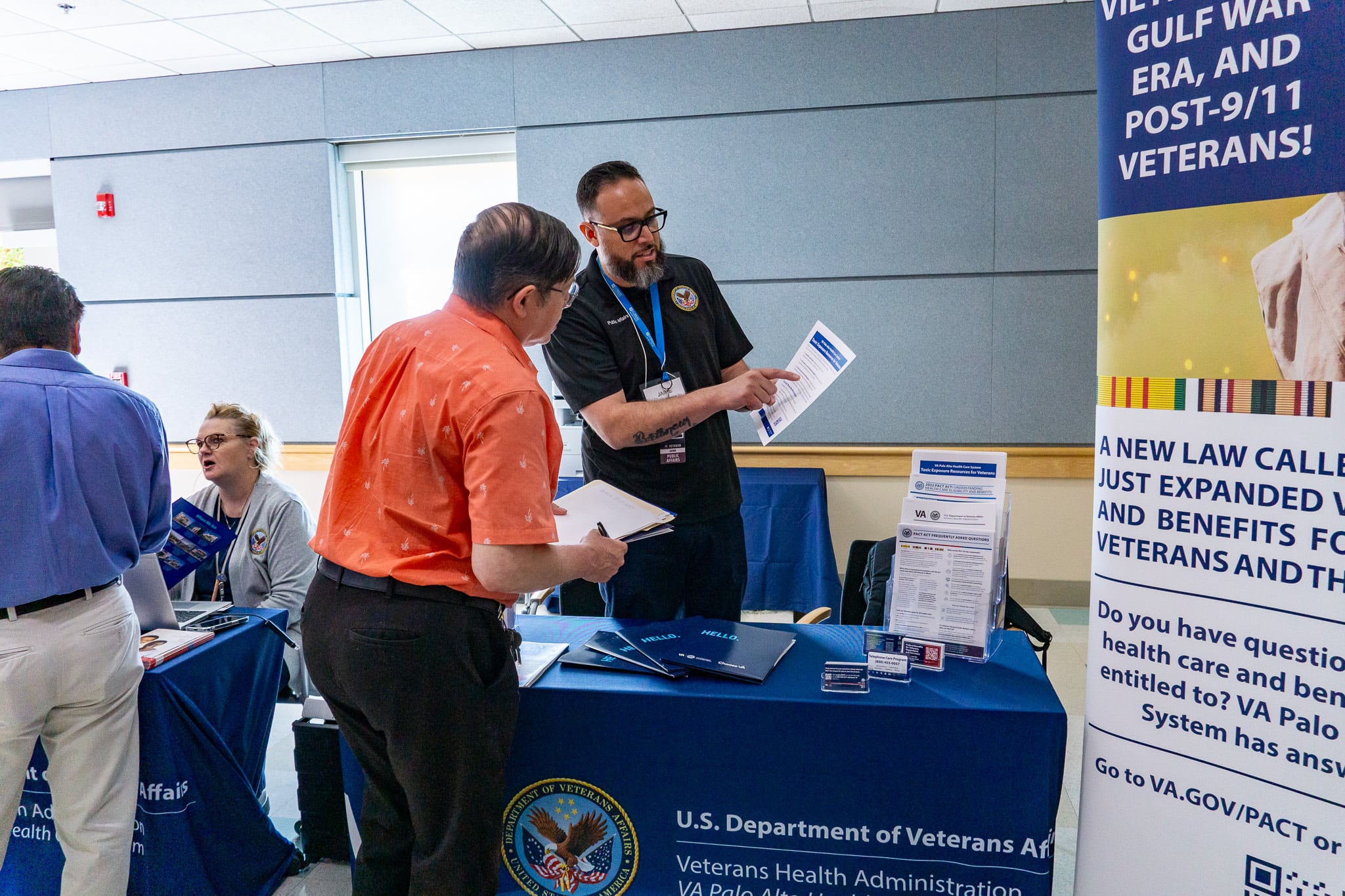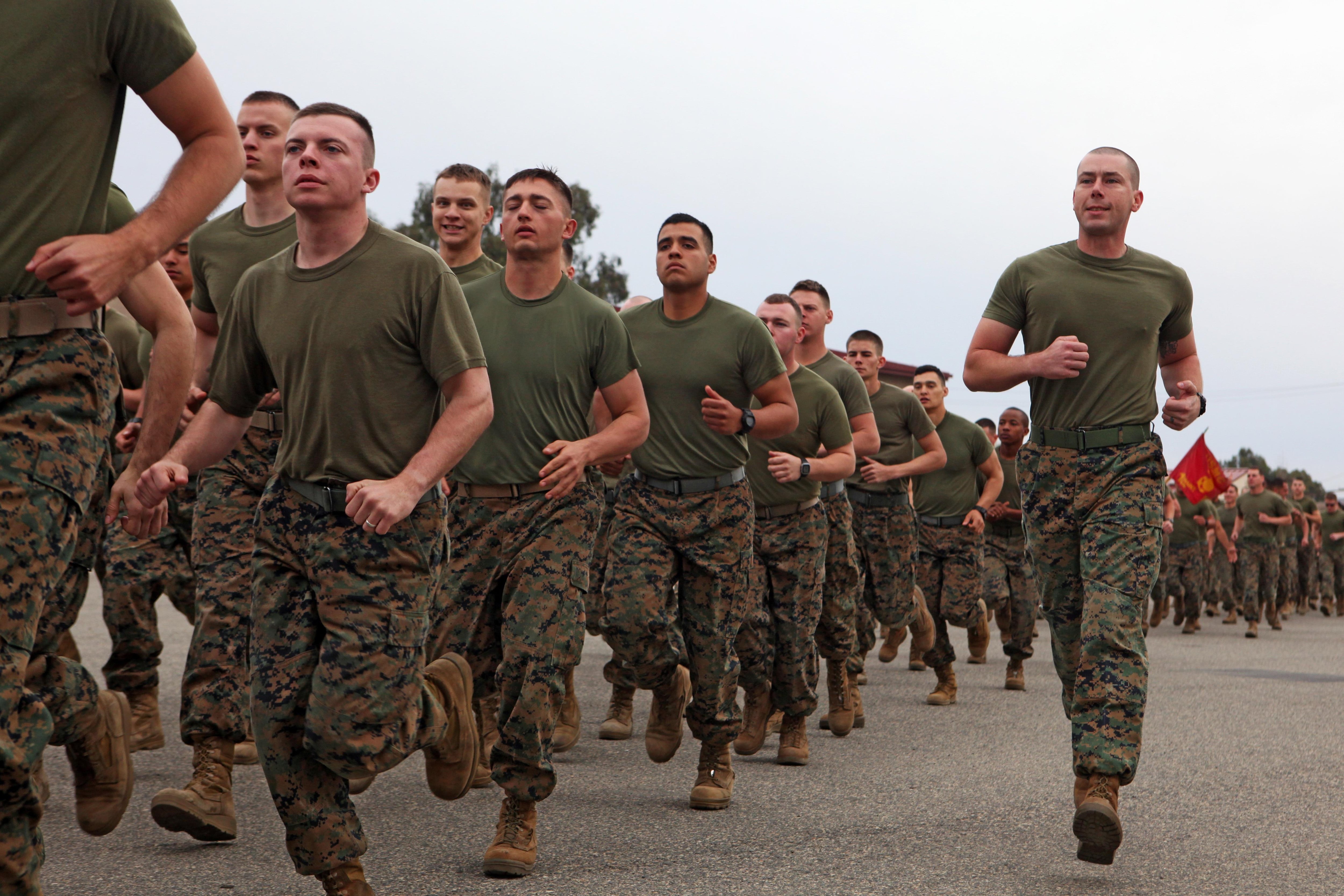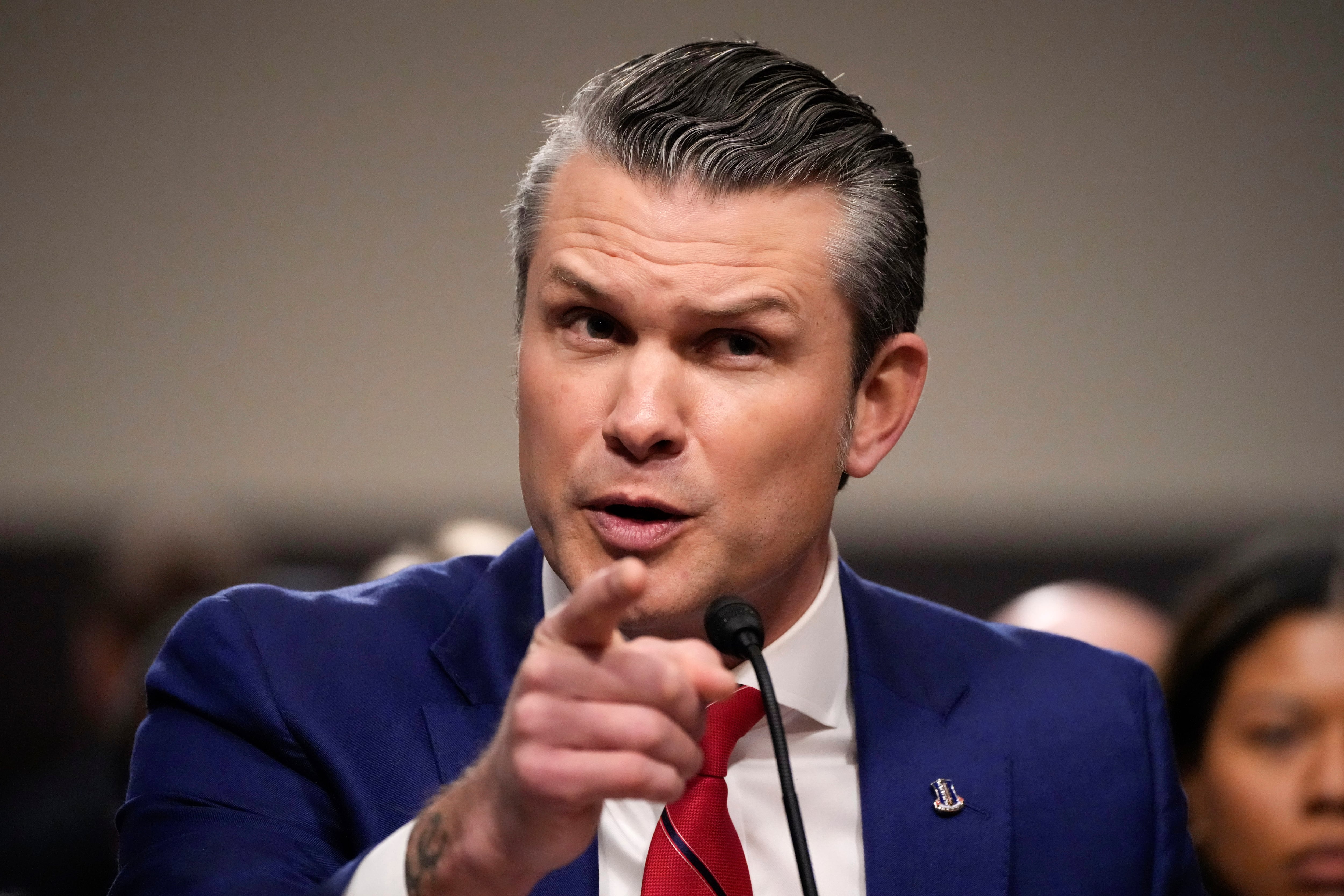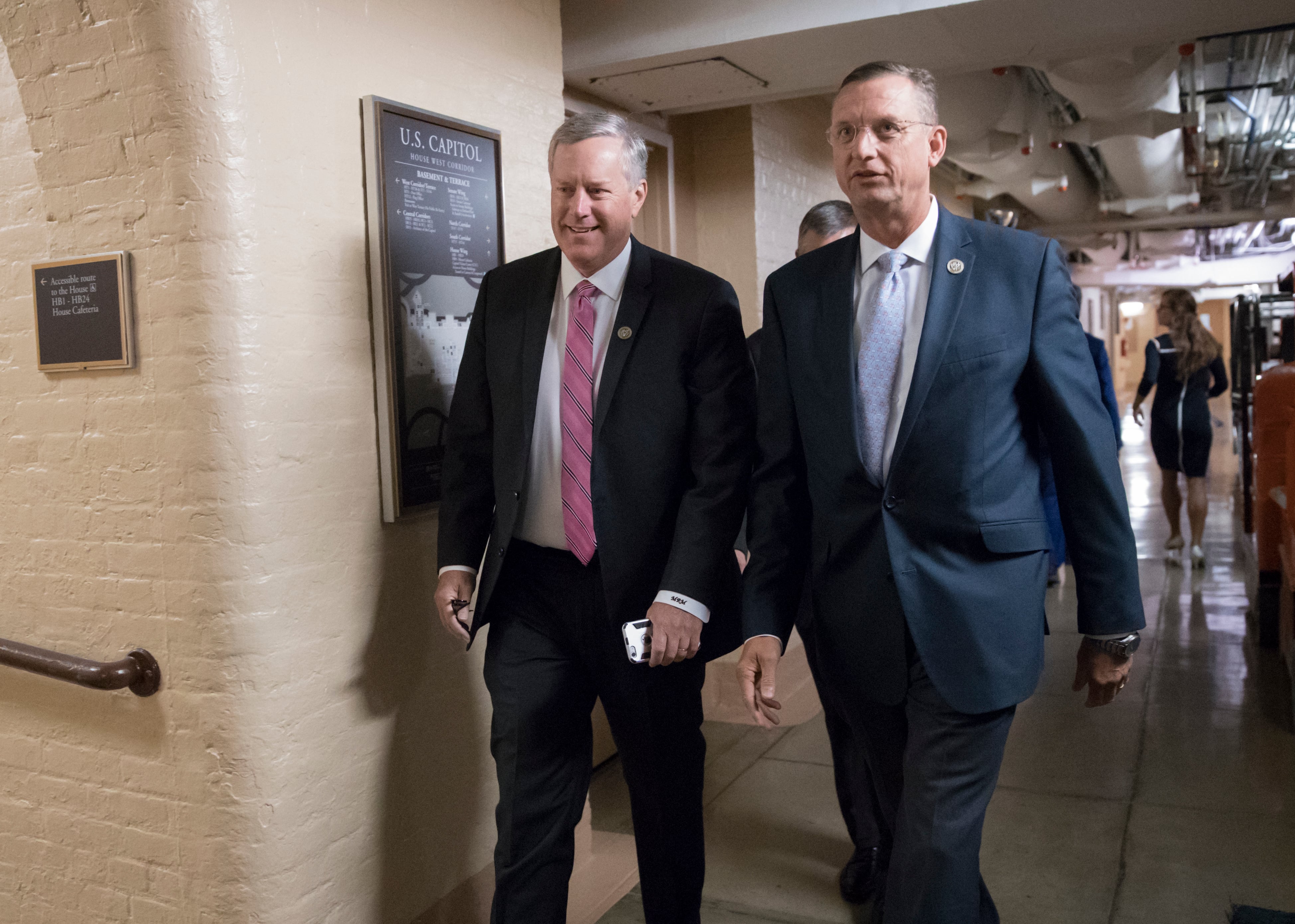The Obama administration's announcement Wednesday that it will send Humvees and small drones to Ukraine may not satisfy Congress, which has put pressure on the White House to send arms to help Ukraine better defend itself from Russian aggression.
It also may not satisfy Ukrainians, according to a poll released Monday that shows a majority of that nation's citizens want the U.S. to provide weapons and equipment to the Ukrainian government.
That feeling is shared by a fair number of lawmakers in Washington. But despite support for sending significantly more military aid among both Republicans and Democrats, as well as Defense Secretary Ash Carter, no executive action has been taken.
"Because of the intransigence of this administration, it seems to me that all of a sudden, we're in an era where our allies don't trust us and our enemies don't fear us," said Sen. David Perdue, R-Ga.
Pressure on President Obama has grown as both parties in both branches have begun to unite under the belief that he has not done enough, and what he has done, has been too slow.
At a Senate Foreign Relations Committee hearing Tuesday, Republicans and Democrats came together to express their frustration.
"What is going on with the administration?" asked Sen. Bob Menendez, D-N.J. "It's incredibly frustrating for all of us to think the administration truly supports Ukraine, and yet it feels like they're playing footsie with Russia."
Vice President Joe Biden told Ukraine's president Wednesday that the U.S. will expand its aid to include armored Humvees and small drones. But no weapons will be included in the shipment.
In a speech in Berlin last week, Deputy Secretary of State Antony Blinken said that by sending arms to Ukraine, the U.S. would be playing to Russia's strength.
"Anything [the U.S. and its European allies could do] in terms of military support for Ukraine is likely to be matched and then doubled and tripled and quadrupled by Russia," Blinken said. "It has the ability to do that."
Instead, he said the U.S. should play to its own strengths — economic and diplomatic — by imposing economic pressure on Russia.
The poll released Monday by the Kiev International Institute of Sociology showed that 52 percent of Ukrainians favored military support from the U.S., while 36 percent were opposed.
However, the picture is not quite as clear-cut as those numbers suggest. The poll of around 1,500 respondents showed the country split into four regions, with those in the west and north supporting U.S. military aid, while the eastern region strongly opposed it and the southern region was split.
The survey found that the country broke along those same lines for just about every question asked.
Caroline Kelleher, a fellow at the Wilson Center who has held several high-level national security positions in the Carter and Clinton administrations, said that's not necessarily bad.
"The analogy is better made to Germany, where even in a divided country, one that is reinforced in every way that the leadership could, there still was the sense of fundamental 'German-ness' as a bond of unity," Kelleher said.
The eastern region of Ukraine is the center of violence, and is where Russian President Vladimir Putin has sent much of his military aid to rebels. The north and west of the country, where the Ukrainian capital of Kiev is located, are less violent and side more with the European Union and the West.
In March 2014, Russia annexed Crimea, a peninsula on the northern Black Sea coast, kicking off months of tension and violence. In August, Russian military vehicles crossed the border and entered Ukraine.
Ukrainian, French, German and Russian leaders agreed to a cease-fire beginning Feb. 15, but within an hour, Russian-backed separatists violated the agreement and attacked the town of Debaltseve.
A solid majority of the Ukrainians — 79 percent — disapprove of Putin's actions in the region, and 85 percent want a united Ukraine.
"There is not a clear desire to move toward Russia, but there is resistance to moving westward," said Steven Kull, director of the Program for Public Consultation at the University of Maryland and the study's primary investigator. "At its core, I think it's a cultural phenomenon more than a political phenomenon."
While the Obama administration has agreed to send Ukraine $118 million in nonlethal equipment, only about half of that has been delivered. So far, the U.S. has sought to help Ukraine economically and through diplomacy.
Last year, the U.S. provided a $1 billion loan agreement to help reform the Ukrainian government.
"The best antidote to Russian oppression is for Ukraine to succeed as a free-market state," said Victoria Nuland of the U.S. State Department.
Still, U.S. lawmakers, other government officials and many Ukrainian citizens remain dissatisfied with the level of American engagement amid the continuing Russian aggression that began with its invasion of Georgia in 2008 and is deeply worrying many European nations.
"We should also defend and beef up the defenses in the NATO nations that border Russia," said William Taylor, former U.S. ambassador to Ukraine. "If we are trying to deter the Russians from what they have been doing, first invading Crimea and then invading the southeastern part of Ukraine ... then we need to push back."

